-
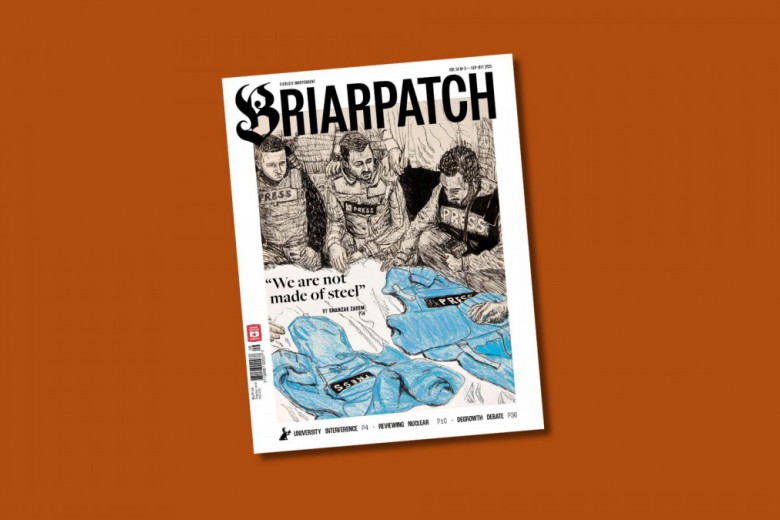
Sep 16, 2025 3 min read
-
_780_520_90_s_c1.jpg)
by Meral Jamal Aug 18, 2025 10 min read
-

by Aliya Pabani and Jody Chan Aug 13, 2025 13 min read
-

by Nora Loreto Aug 6, 2025 5 min read
-
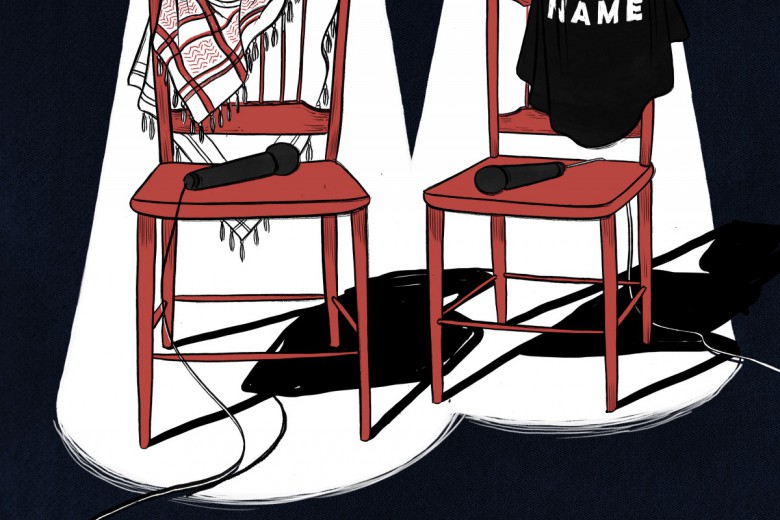
by Anna Lippman Aug 5, 2025 9 min read
-
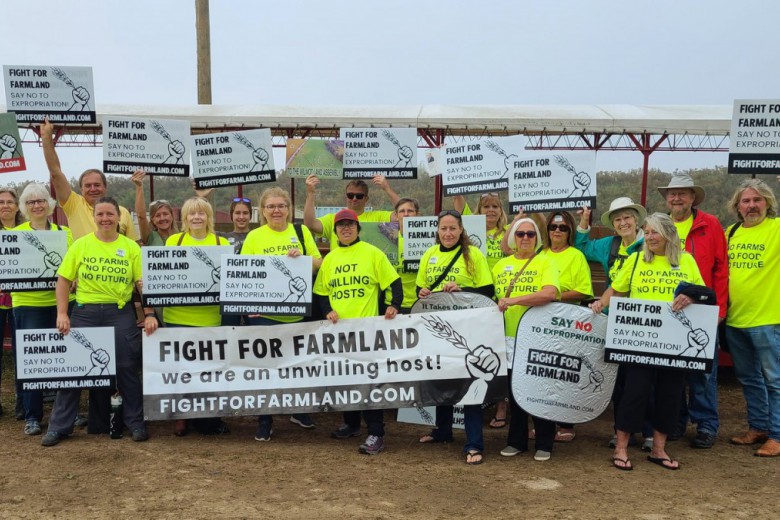
by Ally Krueger-Kischak Jul 21, 2025 10 min read
-
_780_520_90_s_c1.jpg)
by Jenan Afaneh Jul 15, 2025 2 min read
-
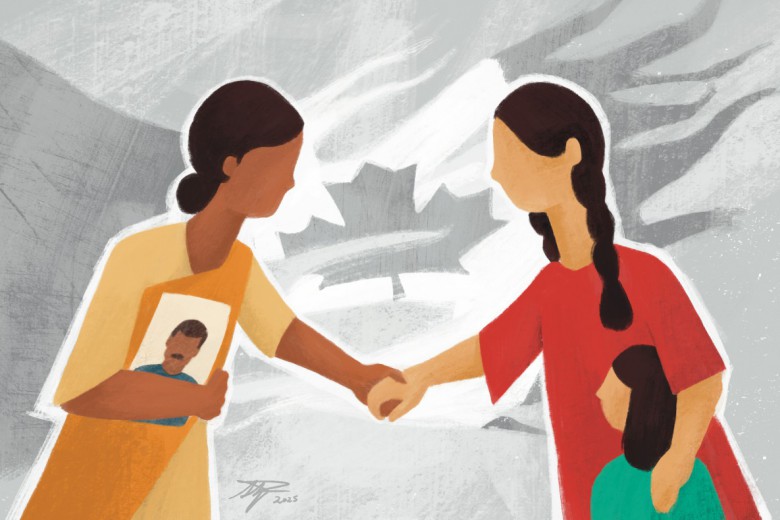
by Ambihai Akilan Jul 14, 2025 10 min read
-
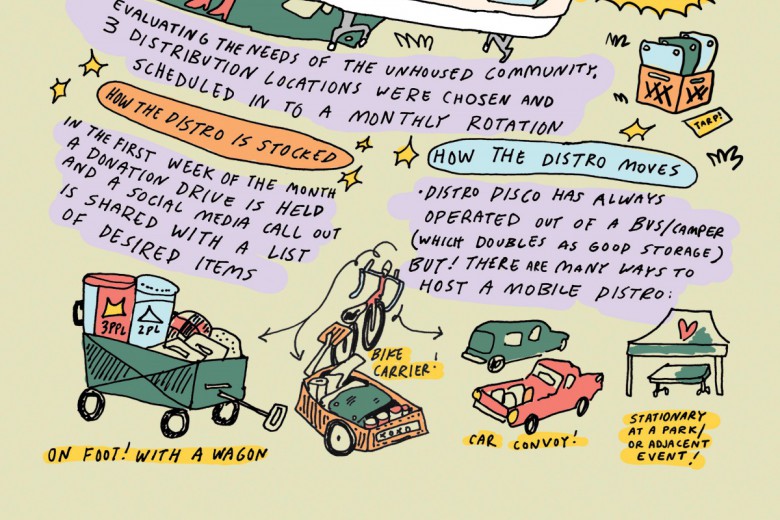
by Madeline Berger Jun 25, 2025 1 min read
-

by Harsha Walia Jun 12, 2025 5 min read
-

by Jasmine Veark Jun 5, 2025 4 min read
-
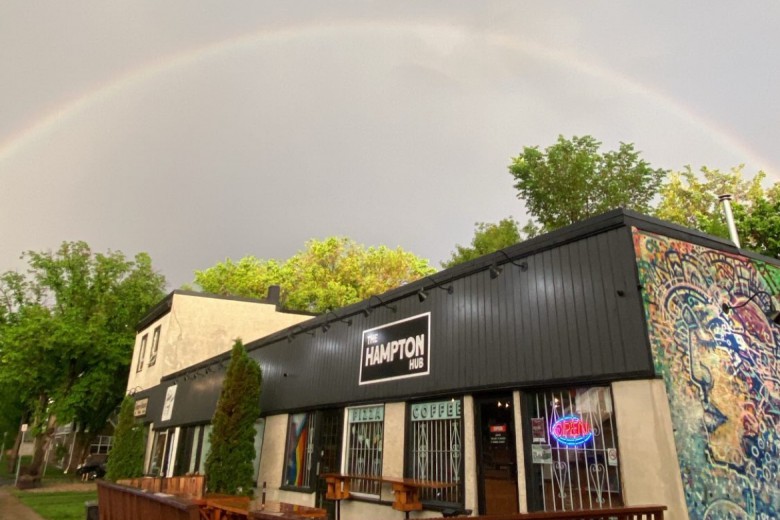
by Savannah Kosteniuk Jun 2, 2025 12 min read
-
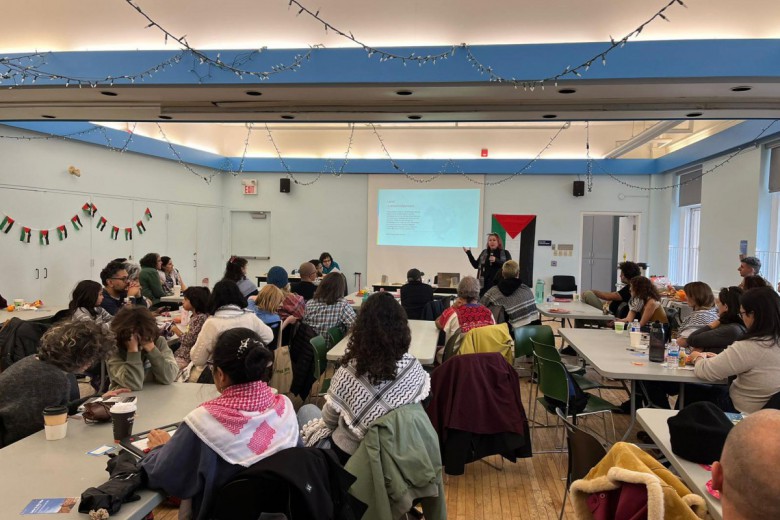
by Marlee Wasser May 21, 2025 11 min read
-
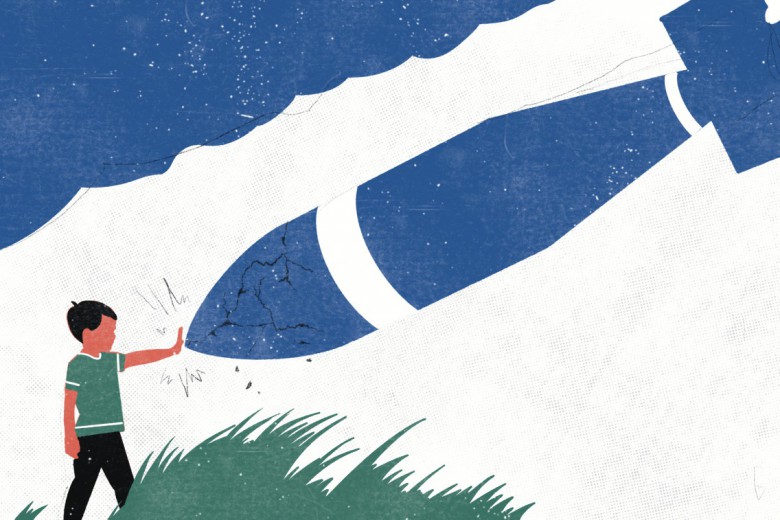
by Anonymous May 20, 2025 11 min read
-

by David Camfield May 14, 2025 7 min read
-
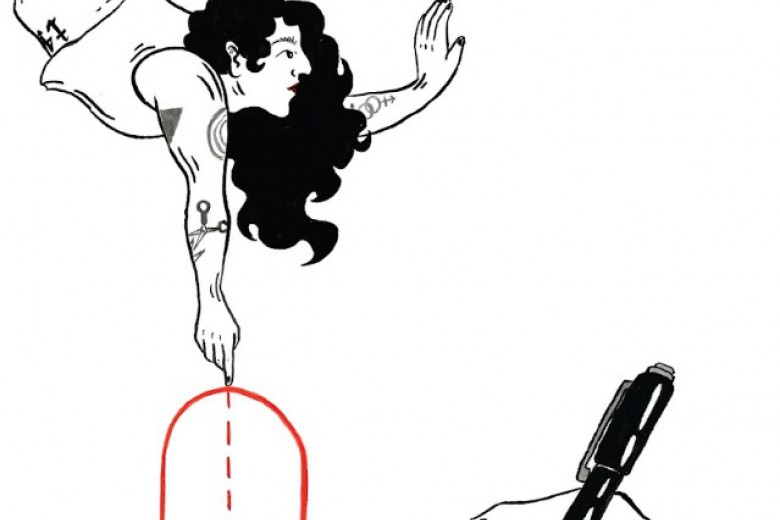
by Serena Lukas Bhandar and Celeste Trianon May 12, 2025 11 min read
-
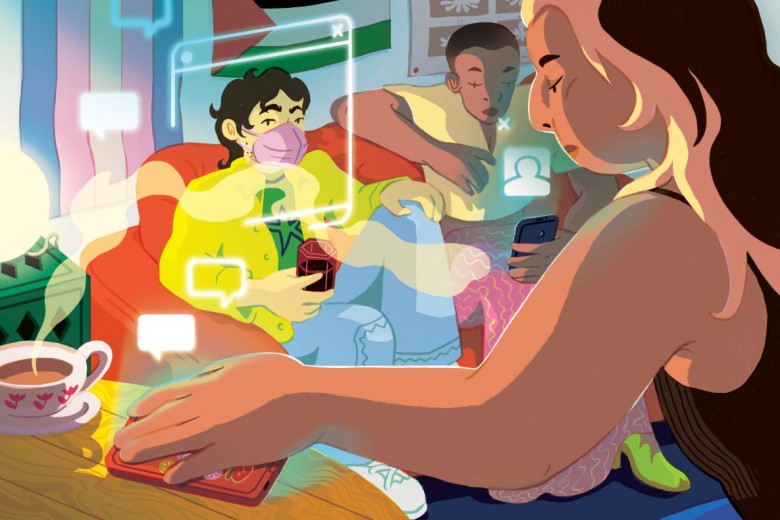
by Serena Lukas Bhandar Apr 11, 2025 10 min read
-

by F.T. Green Apr 10, 2025 4 min read
-
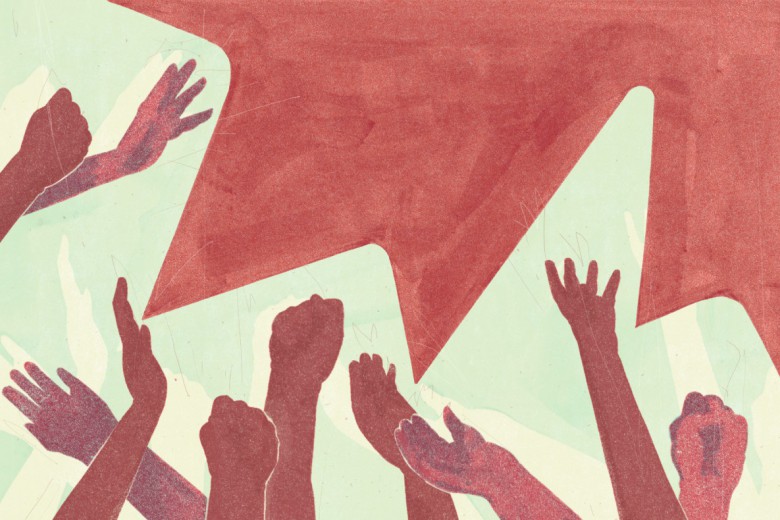
by Owen Schalk Apr 9, 2025 10 min read
-
_780_520_90_s_c1.JPG)
by Twoey Gray Apr 8, 2025 1 min read
-

by Masha Davidović Apr 8, 2025 12 min read
-
_780_520_90_s_c1.jpg)
by Syd Gilchrist Apr 7, 2025 7 min read
-
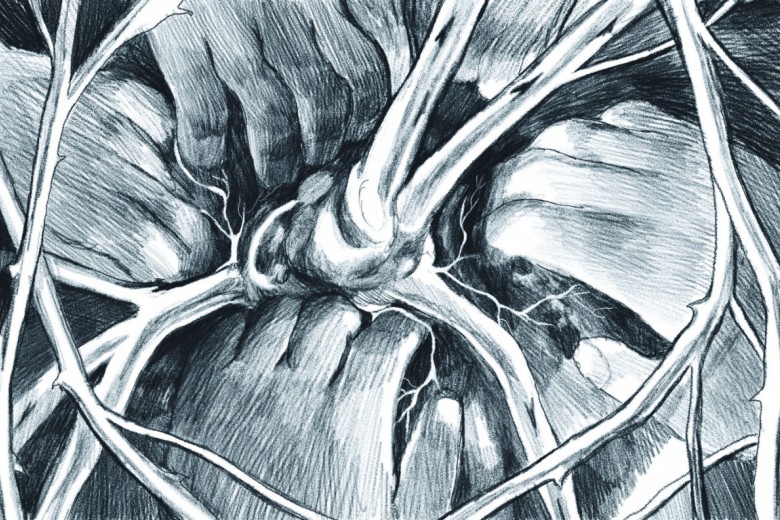
by Anmol Swaich and Tyson Singh Kelsall ਟਾਈਸਨ ਸਿੰਘ Apr 7, 2025 11 min read
-
_780_520_90_s_c1.jpg)
by Pedro Meza Mar 28, 2025 2 min read
-

by Rebecca Yoshizawa Mar 26, 2025 5 min read
-

by Lena Andres and Ted Rutland Mar 25, 2025 11 min read
-
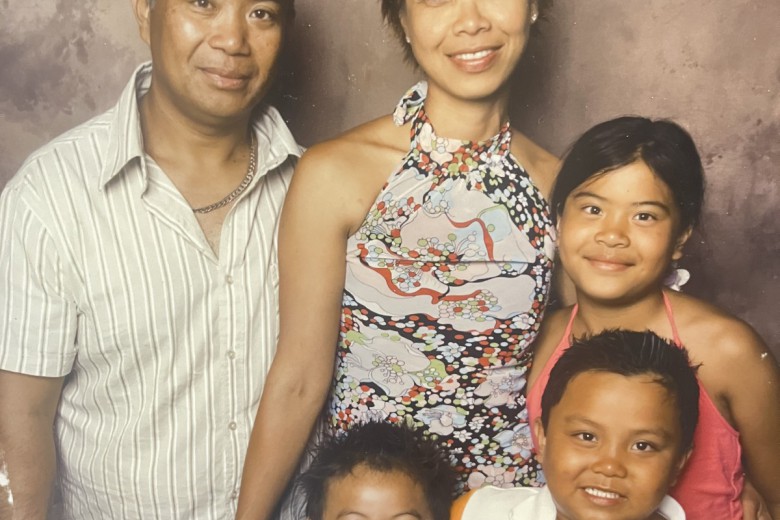
by Adam Arca Mar 19, 2025 9 min read
-
_780_520_90_s_c1_c_c.jpg)
by Rayya Liebich Mar 18, 2025 2 min read
-
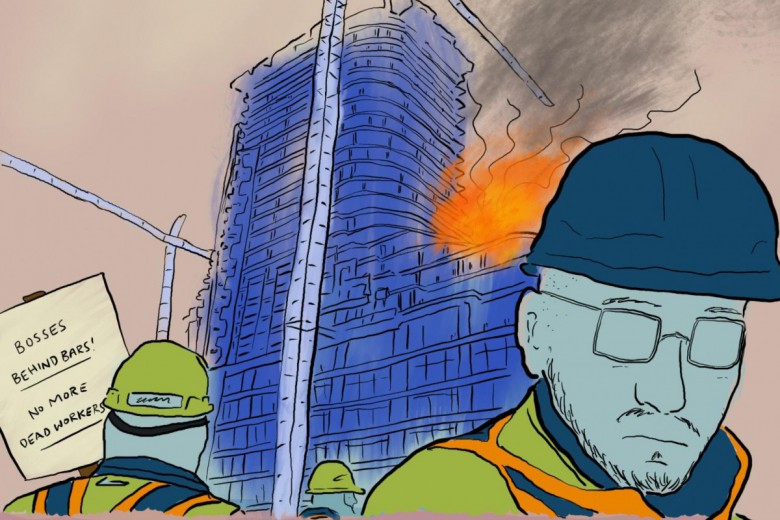
by Nigel Hakeem Mar 4, 2025 9 min read
-

by David Camfield Mar 4, 2025 5 min read
-

by Yi Chien Jade Ho Mar 3, 2025 12 min read
-
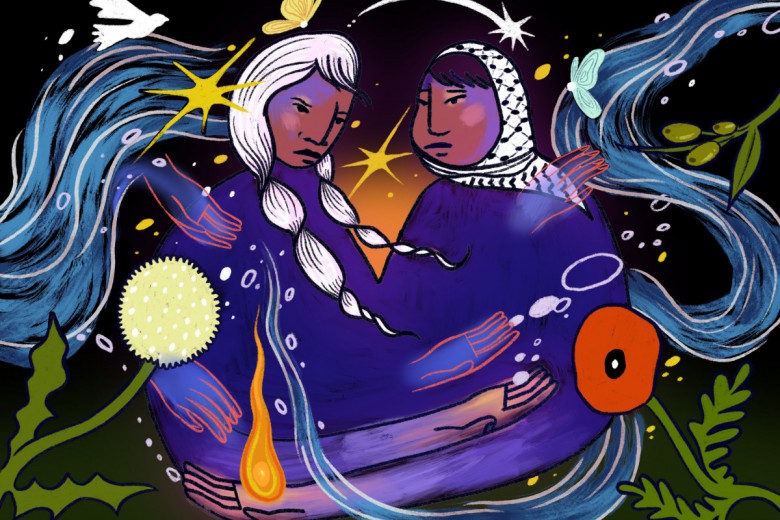
by Jessica Johns Feb 27, 2025 9 min read
-
_780_520_90_s_c1.jpg)
by Meral Jamal Feb 25, 2025 12 min read
-

by Ruby Smith Díaz Jan 30, 2025 5 min read
-
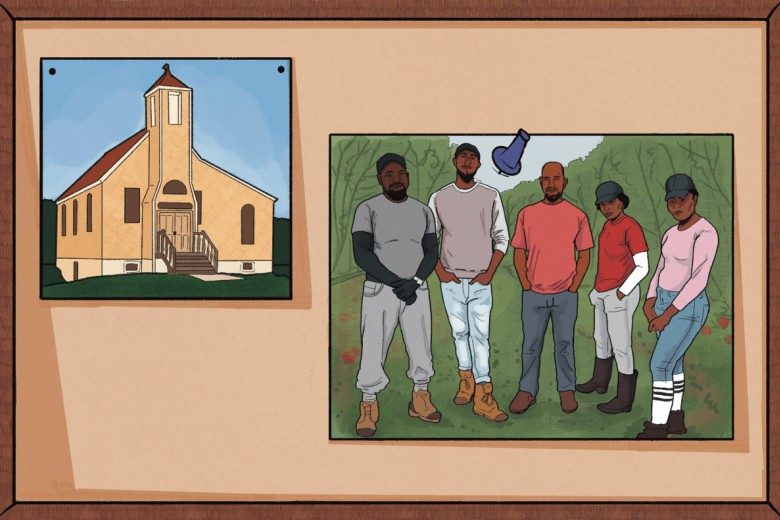
by Balqees Jama Jan 16, 2025 12 min read
-
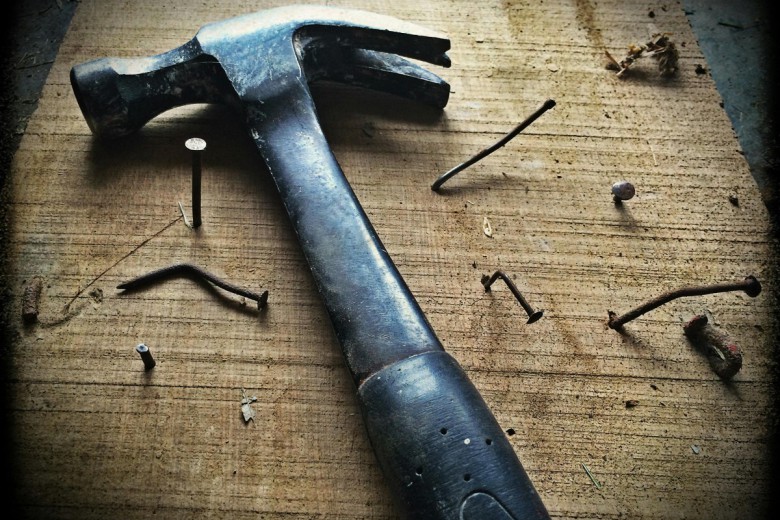
Jan 13, 2025 3 min read
-
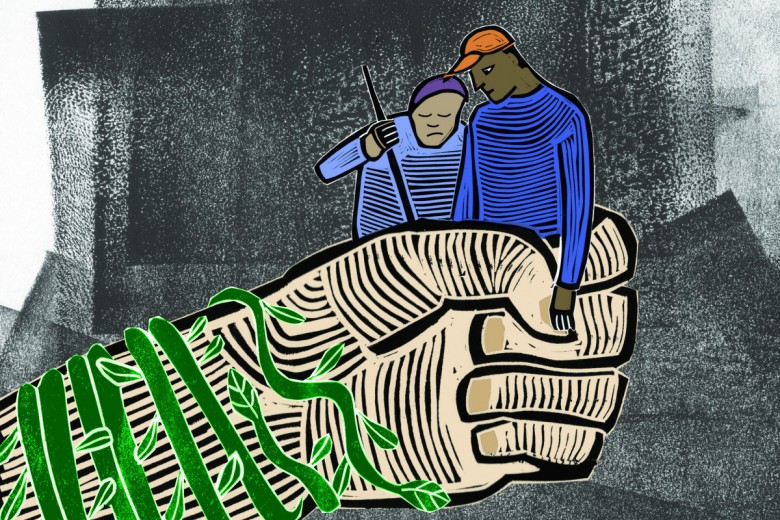
by Likam Kyanzaire Dec 31, 2024 7 min read
-
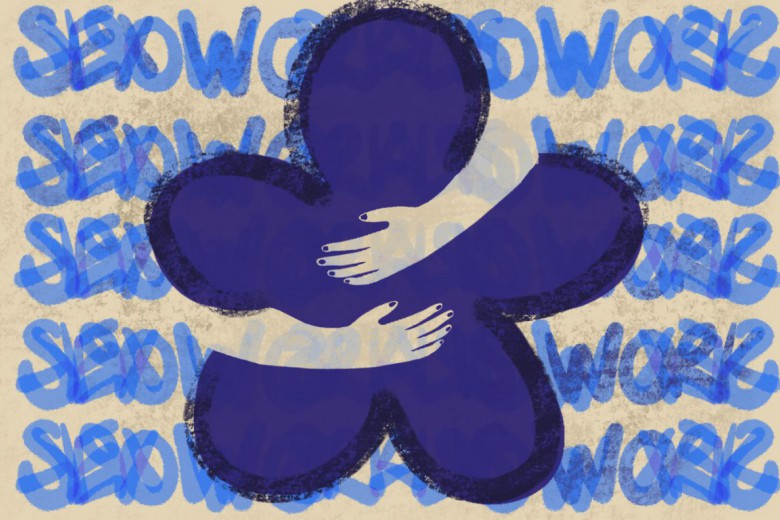
by Jenn Clamen Dec 31, 2024 10 min read
-

by Greer Brabazon Dec 11, 2024 10 min read
-
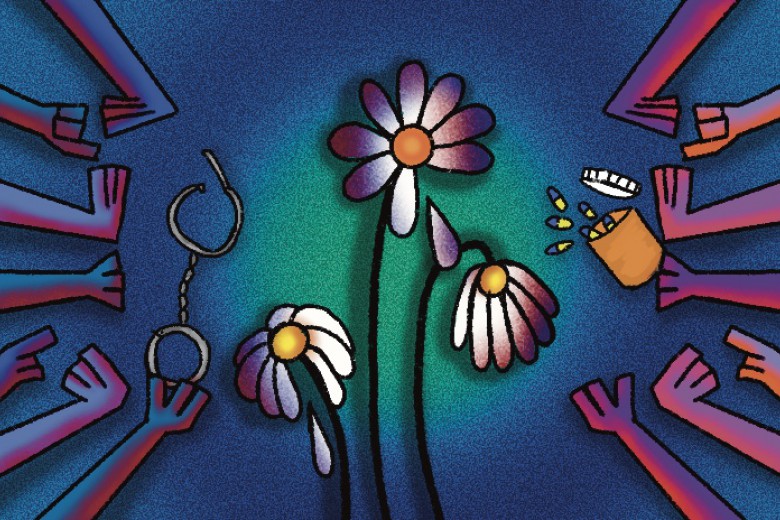
by Sparrow Preston Dec 10, 2024 12 min read
-
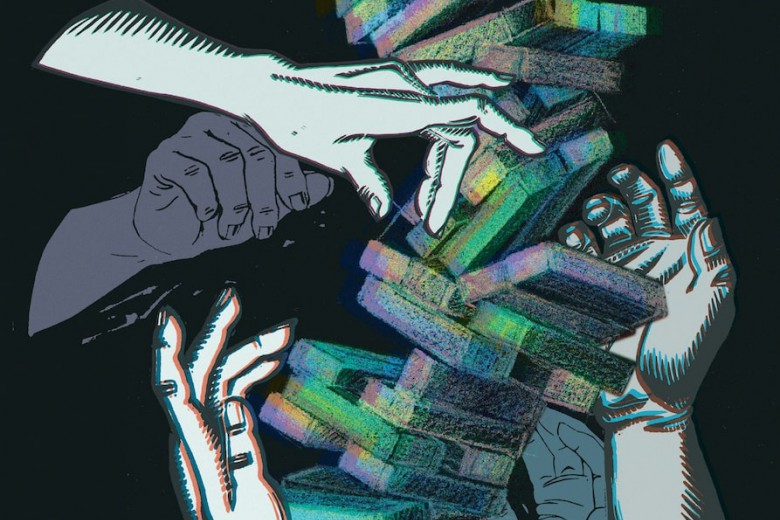
by Maya Menezes Dec 10, 2024 12 min read
-

by Serena Lukas Bhandar Nov 28, 2024 5 min read
-
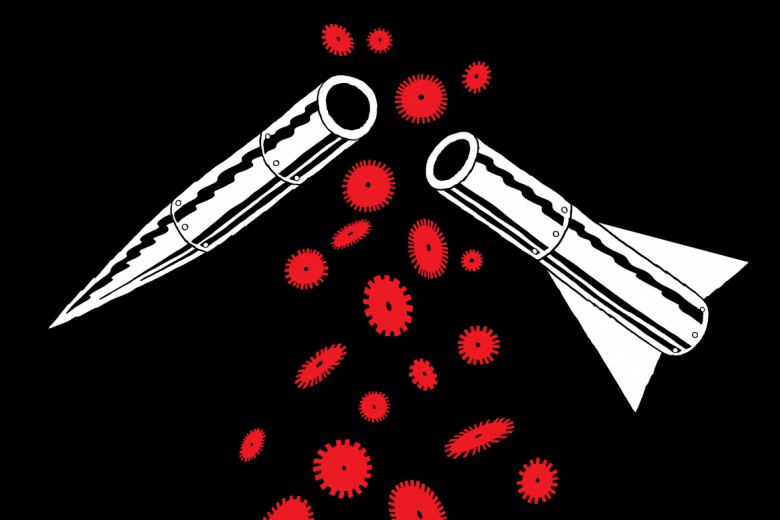
by Em Thompson Nov 27, 2024 13 min read
-

by Vicky Huang Nov 19, 2024 12 min read
-
_780_520_90_s_c1.jpg)
by Simran Kaur Dhunna Oct 31, 2024 12 min read
-
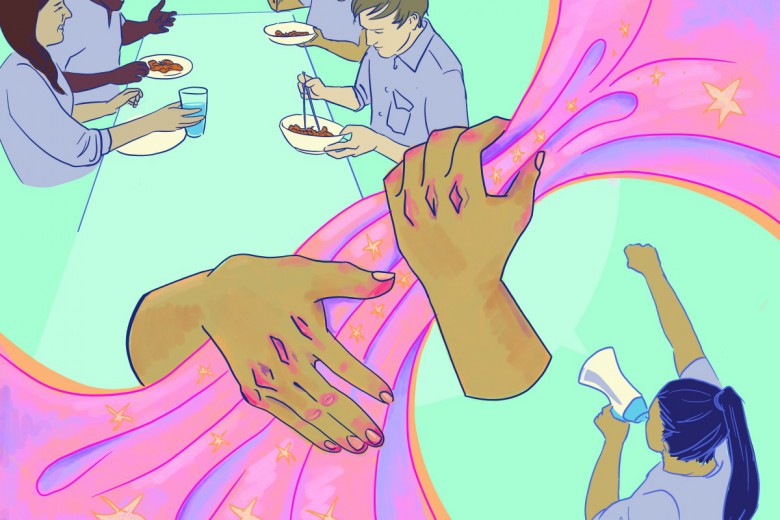
by Sarah Shandie Mohammed and Jorden Cummings Oct 31, 2024 9 min read
-
_780_520_90_s_c1.jpg)
by Chantelle Spicer Oct 31, 2024 10 min read
-
_780_520_90_s_c1.jpg)
by Sudan Solidarity Collective Oct 9, 2024 8 min read
-
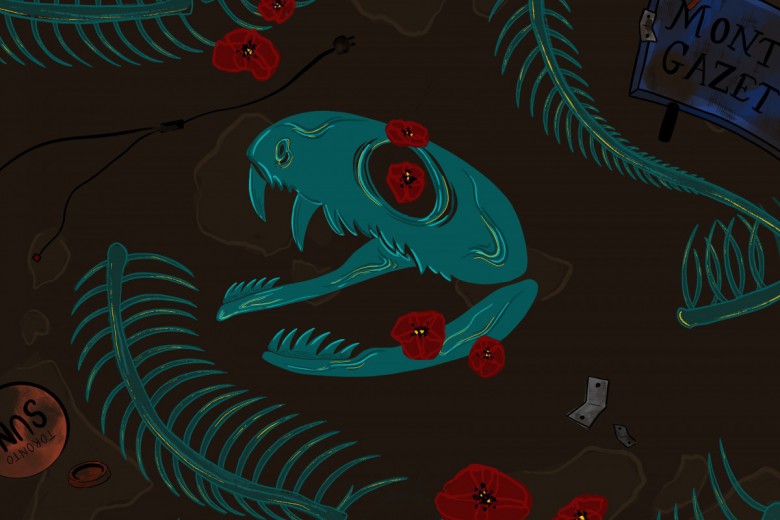
by Tara Alami Oct 8, 2024 10 min read
-
_780_520_90_s_c1.jpg)
by Anonymous Sep 10, 2024 5 min read

_780_520_90_s_c1.jpg)




_780_520_90_s_c1.jpg)













_780_520_90_s_c1.jpg)

_780_520_90_s_c1.jpg)



_780_520_90_s_c1_c_c.jpg)




_780_520_90_s_c1.jpg)











_780_520_90_s_c1.jpg)

_780_520_90_s_c1.jpg)
_780_520_90_s_c1.jpg)

_780_520_90_s_c1.jpg)


_780_520_90_s_c1.JPG)
